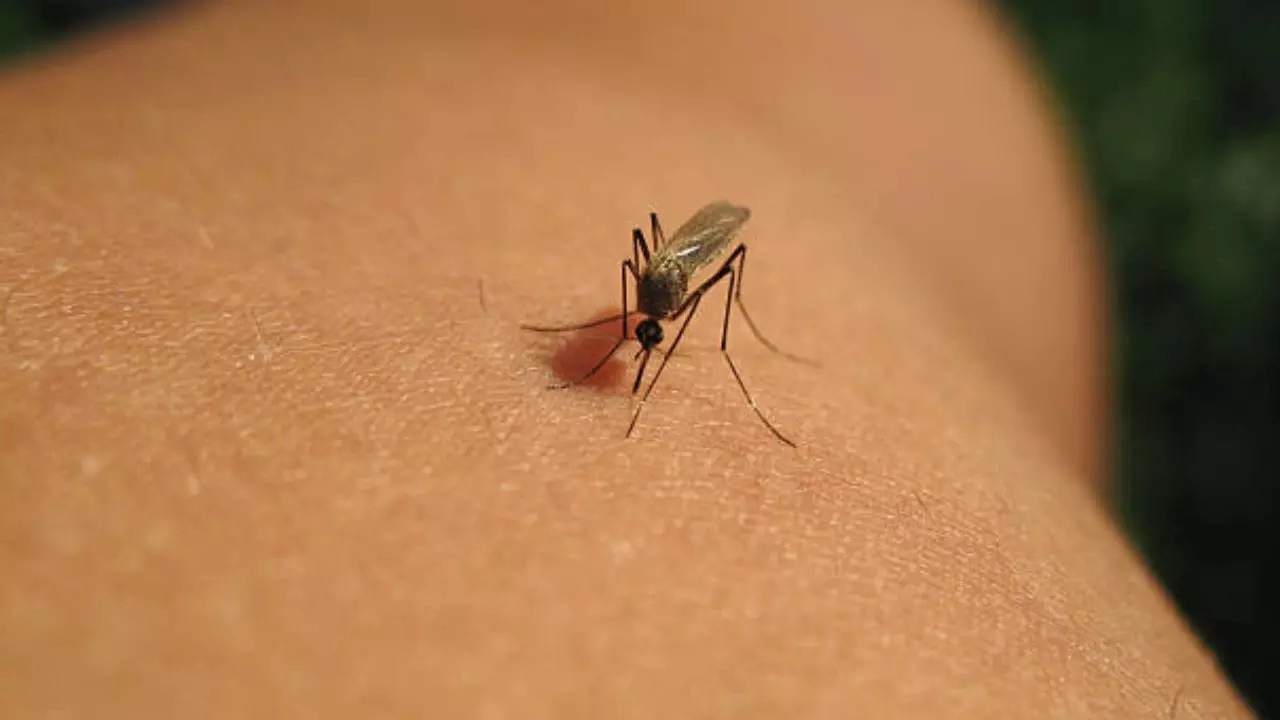Ashima Sharda Mahindra • 09 Sep 2024
Massachusetts Confirms Third Case Of Deadly Equine Virus; Officials Urge Resident To Stay In

An elderly man tested positive after he was exposed to the virus in the southern Middlesex County area - already deemed high risk
Massachusetts health department has confirmed a third case of the deadly mosquito-borne eastern equine encephalitis virus or EEE, with health officials asking people to stay indoors to avoid falling sick.
According to the officials, a 70-year-old man tested positive after he was exposed to the virus in the southern Middlesex County area which has already been deemed high risk.
Risk level increased
Officials say risk levels for EEE – a rare but potentially fatal disease that spreads through mosquito bites - have been raised to high in Acton, Ayer, Boxboro, Carlisle, and Littleton in Middlesex County and Harvard in Worcester County. Risk levels for EEE have been raised to moderate in Bedford, Billerica, and Westford in Middlesex County and Berlin, Bolton, Clinton, and Lancaster in Worcester County.
According to the state health officials, in the town of Acton, where two previous infections have also surfaced, crews will now begin doing weekly anti-mosquito spraying through the end of this month and residents are being encouraged to limit their outdoor activities.
"Today's announcement of additional West Nile virus and Eastern equine encephalitis cases makes it clear that mosquito season is not over," said Public Health Commissioner Robbie Goldstein in a statement last week, The Sun reported. "It is essential that residents continue to use mosquito repellent with an EPA-registered active ingredient every time they are outdoors.”
What is the EEE virus?
According to experts, the EEE virus causes brain inflammation as it affects the functioning of the nerves. Around 30 per cent of those bitten by an EEE-infected mosquito develop encephalitis and die from the infection. Research suggests EEE is more common during late spring through early fall. Infections usually peak in summer months and are most common around bodies of fresh water and swamps and near coasts.
EEE got its name because researchers first discovered the virus in horses (equines) in the 1830s.
The virus is not contagious and can only spread to humans through an infected mosquito bite. It can’t spread from human to human or from horses (or other animals) to humans.
Signs and symptoms of EEE virus
Doctors say while most people do not have any symptoms of EEE, however, if you do experience, they would include:
- High fever
- Chills
- Joint and muscle pain
- Diarrhoea
- Confusion
- Headache
- Vomiting and nausea
- Loss of appetite
How to protect from the EEE virus?
The Department of Public Health has been asking people to take all precautions to prevent mosquito bites by wearing long sleeves and pants when outdoors and using insect repellent with DEET as an ingredient. People are also asked to avoid being outdoors from dusk to dawn – which is the peak biting time for mosquitos.
Some school districts, including Middleboro and Plymouth, have adjusted their outdoor sports schedules to minimize the risk of exposure. Homeowners are asked to drain standing water from gutters or wading pools on their property, as mosquitos lay their eggs.
Get Latest News Live on Times Now along with Breaking News and Top Headlines from Health and around the world.